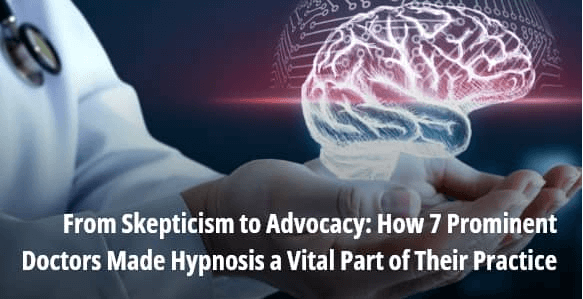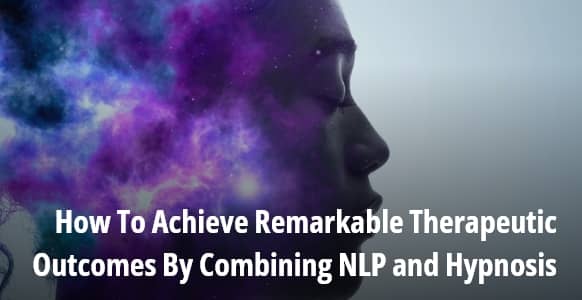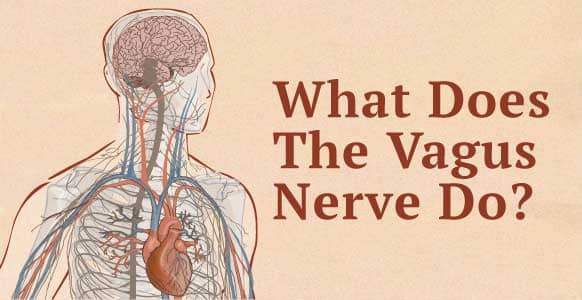
For many medical professionals, hypnosis isn’t the first tool that comes to mind when treating patients. Years of academic training emphasize pharmaceuticals, cognitive-behavioral interventions, and evidence-based protocols. Hypnosis? That’s something for stage performers and Hollywood scripts, right?
Yet, across the globe, doctors, psychologists, and healthcare professionals are discovering the power of hypnotherapy—not just as a complementary tool, but as a transformative modality that can achieve results where conventional methods fall short.
Find out how seven prominent medical professionals went from skepticism to advocacy, and why hypnosis is now an integral part of their practice.
1. Dr. David Spiegel – The Stanford Professor & Who Pioneered the Future of Mind-Body Healing (Through Hypnosis)
Dr. David Spiegel, a prominent psychiatrist and Associate Chair of Psychiatry & Behavioral Sciences at Stanford University, was initially skeptical about hypnosis. But after decades of research, he’s become one of its most vocal advocates.
Spiegel’s studies have shown that hypnosis can have a measurable impact on brain activity. His research found that hypnotized individuals experience changes in how their brain processes information, particularly in areas associated with attention, pain perception, and self-awareness.
His work has been instrumental in validating hypnosis as an evidence-based practice for pain management, PTSD, and anxiety.
2. Dr. Michael Yapko – The Clinical Psychologist Who Uses Hypnosis into a Science-Backed Therapy for Depression
Dr. Michael Yapko, a clinical psychologist, initially dismissed hypnosis as unscientific. That changed when he encountered patients whose depression wasn’t improving through traditional therapy alone.
Through his research, Yapko discovered that hypnosis enhances cognitive flexibility, helping individuals shift their focus away from ruminative negative thought patterns.
He now integrates hypnosis into his depression treatment programs and has authored multiple books on the subject, making him one of the leading experts in the field.
3. Dr. Elvira Lang – The Radiologist Who Proved Hypnosis Can Reduce Pain & Anxiety in Medical Procedures
As an award-winning interventional radiologist, Dr. Elvira Lang spent her career performing procedures that often required sedation.
She was introduced to hypnosis through research on reducing patient anxiety during surgeries. Initially skeptical, she conducted her own studies—and the results were undeniable.
Her research demonstrated that patients who used hypnosis required less anesthesia, experienced lower pain levels, and had faster recovery times.
Today, she advocates for hypnosis as a tool for medical professionals looking to improve patient care while reducing reliance on pharmaceuticals.
4. Dr. Milton Erickson – The Psychiatrist Who Revolutionized The Practice of Hypnosis
Dr. Milton Erickson is often credited with transforming hypnosis from a niche practice into a respected therapeutic tool. However, what many don’t know is that he, too, was once skeptical.
As a young psychiatrist, Erickson initially viewed hypnosis with caution. But after using it to recover from polio-related paralysis, he became fascinated with its potential.
Over time, he developed what is now known as “Ericksonian Hypnosis”—a conversational, indirect approach that is widely used in therapy today.
His work demonstrated that hypnosis isn’t about control or mysticism—it’s about facilitating natural psychological processes to create change.
5. Dr. Mark Jensen – The Pain Specialist Who Uses Hypnosis to Treat Chronic Pain
Dr. Mark Jensen, a professor and vice chair for research in Rehabilitation Medicine at the University of Washington, specializes in pain management. He was initially skeptical about hypnosis, thinking it was merely a placebo effect.
However, his research in neuroscience led him to explore how hypnosis affects brain function in chronic pain patients.
Jensen found that hypnosis can rewire neural pathways associated with pain perception, reducing discomfort even in cases where medication was ineffective.
His studies have helped pave the way for hypnosis to be recognized as a legitimate tool for managing conditions like fibromyalgia and chronic migraines.
6. Dr. John Gruzelier – The Neuroscientist Who Unlocked the Link Between Hypnosis and Brain Function
As a cognitive neuroscientist, Dr. John Gruzelier was deeply skeptical about hypnosis. That changed when he conducted EEG and fMRI studies to observe how hypnosis affects brain function.
His research revealed that highly hypnotizable individuals display distinct neurological patterns, particularly in areas related to focus and sensory processing.
These findings have contributed to a growing body of evidence showing that hypnosis is a measurable and reproducible phenomenon—not just a placebo or trick of the mind.
7. Dr. Pierre Rainville – The Neuroscientist Who Studies Hypnosis for Pain-Free Procedures
Dr. Pierre Rainville, a neuroscientist and dentist, initially dismissed hypnosis as an outdated concept. However, after observing patients undergoing dental work without anesthesia—only hypnosis—he decided to investigate further.
His studies revealed that hypnosis alters pain perception by changing activity in the brain’s pain-processing centers.
Today, he trains dentists and medical professionals in hypnotherapy techniques, showing that hypnosis can be a powerful alternative to traditional anesthetics.
Why More Medical Professionals Are Turning to Hypnotherapy
The experiences of these professionals reflect a broader shift in the medical community. While hypnosis was once dismissed as pseudoscience, research continues to validate its effectiveness for:
- Pain management (chronic pain, post-surgical recovery, labor pain)
- Anxiety and stress reduction
- PTSD and trauma recovery
- Depression treatment
- Irritable Bowel Syndrome (IBS) symptom relief
- Smoking cessation and habit change
And much more.
Studies show that when properly trained, healthcare providers can use hypnosis as an evidence-based tool to complement traditional treatments, offering patients faster relief with fewer side effects.
How To Become a Professional Conversational Hypnotherapist
Hypnosis isn’t about magic or mystery. It’s about leveraging the brain’s natural abilities to create change. And as more medical professionals embrace this reality, patients are reaping the benefits.
Conversational Hypnotherapy in particular is a powerful tool for reducing pain, treating anxiety, and rewiring the brain because it works with the unconscious mind—the part of us that controls automatic responses, habits, and emotions.
If you’re curious about integrating Conversational Hypnotherapy into your existing practice, or you want to set up your own successful Hypnosis Practice so you can help others make profound changes in their lives, you can find out more about the Hypnosis Training Academy’s Conversational Hypnotherapy Diploma here.
As the field of hypnosis continues to gain recognition, now is the perfect time to develop the skills that can set you apart. With the right training, you’ll be equipped to guide others toward transformation—while building a career that’s both impactful and deeply rewarding!







![[ADVANCED GUIDE] How To Master Hypnotic Regression Therapy - Part I: Essential Principles To Profoundly Transform Your Subject’s Emotional Trauma [ADVANCED GUIDE] How To Master Hypnotic Regression Therapy - Part I: Essential Principles To Profoundly Transform Your Subject’s Emotional Trauma](https://hypnosistrainingacademy.com/wp-content/uploads/2016/09/hypnotic-regression-therapy-essential-principles.jpg)



